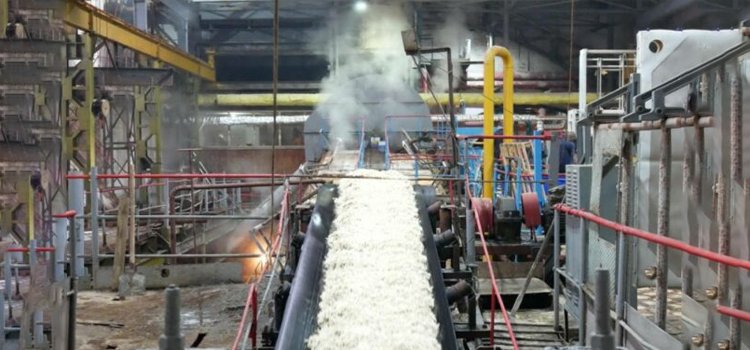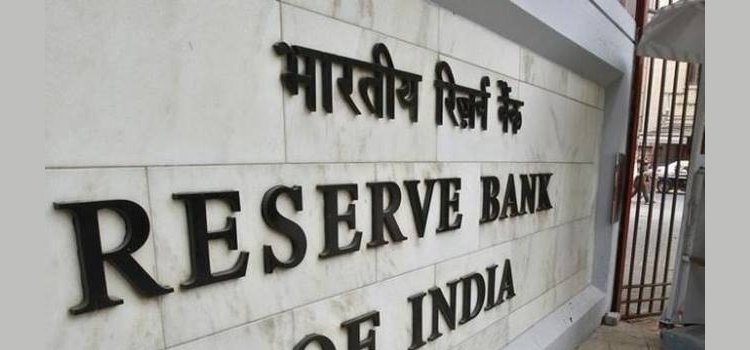ECONOMY
BIMSTEC offers India the unique scope of integrating the bloc into its Act East Policy
- IBJ Bureau
- May 03, 2025

The BIMSTEC summit in the Thai capital of Bangkok unfolded in the backdrop of a huge upheaval early last month. Barely a week before the summit, host Thailand and its neighbour Myanmar had suffered a devastating earthquake, with Myanmar bearing the brunt of the natural disaster. Yet Thailand stood resolute and hosted the high-profile meet amid huge economic losses in both the countries.
The summit in Bangkok – Bay of Bengal Initiative for Multi-Sectoral Technical and Economic Cooperation, better known as BIMSTEC – took place amid a greater upheaval – a manmade disruption, orchestrated by US President Donald Trump’s tariff policy. The sixth BIMSTEC meet brought the leaders of seven member countries –Bangladesh, Bhutan, India, Nepal, Sri Lanka, Myanmar and Thailand – to Bangkok at a time of global turbulence.
Launched in 1997, the forum has languished without major advances in regionalism. The Narendra Modi government has invested additional energies in rebooting BIMSTEC after SAARC summits in the past to boost regional cooperation were derailed by Pakistan. India’s efforts to build regional ties by excluding Pakistan have paved the way for greater institutionalisation of BIMSTEC in the form of a charter and more specific cooperation in a broad range of areas.
The Bangkok summit proved to be a success, given the areas of cooperation deliberated upon and the number of agreements inked. A BIMSTEC chamber of commerce was mooted to focus on enhancing business-to-business engagement within the grouping. India also proposed to integrate its famed UPI with digital payment systems of the member countries to strengthen economic ties further.
The BIMSTEC leaders concluded the Agreement on Maritime Transport Cooperation to boost cargo and passenger transport across the Bay of Bengal and enhance trade and travel. The agreement strengthens regional maritime ties by offering national treatment to vessels of the bloc. It ensures mutual assistance for crew and cargo of the BIMSTEC member countries and introduces a dispute resolution mechanism. The agreement, in effect, further advances economic integration and connectivity within the regional grouping.
In fact, BIMSTEC has already signed two MoUs with the Indian Ocean Rim Association and the United Nations Office on Drugs and Crime, signalling the beginning of the economic bloc forging partnerships with international and regional organisations. BIMSTEC is also in conversation with the Association of South-East Asian Nations (ASEAN), as there is significant potential for collaborative work, especially towards strengthening ties between South Asia and South-East Asia.
The Bangkok meet resulted in the adoption of a vision document for the forum – Vision 2030. The vision document outlines a free trade agreement (FTA) and Customs agreements within the economic grouping. Meanwhile, work on the India-Myanmar-Thailand Trilateral Highway, connecting India’s North-East region –billed as a BIMSTEC hub – all the way to the Pacific Ocean is progressing at a feverish pace. New Delhi is also spearheading the organisation’s initiative of interconnecting its electricity grids to enhance energy security and green transition in the member States.
With India sharing a 6,500-km-long shoreline with BIMSTEC countries, it goes without saying for the country to build formidable relations with member countries of the economic bloc. The geographic and strategic proximity underscores the need to integrate BIMSTEC more closely into India’s Act East Policy and its broader Indo-Pacific Vision.
It is true that multilateralism as such cannot replace the criticality of bilateral partnerships. Yet BIMSTEC offers New Delhi the unique scope of leveraging shared challenges and opportunities to retain its influence and shape the Bay of Bengal’s regional architecture. The Bay of Bengal is, after all, India’s primary area of interest. So, India needs to foster greater regional cooperation by building upon the gains of BIMSTEC.




















Report By
View Reporter News